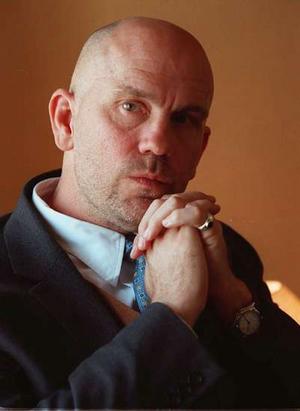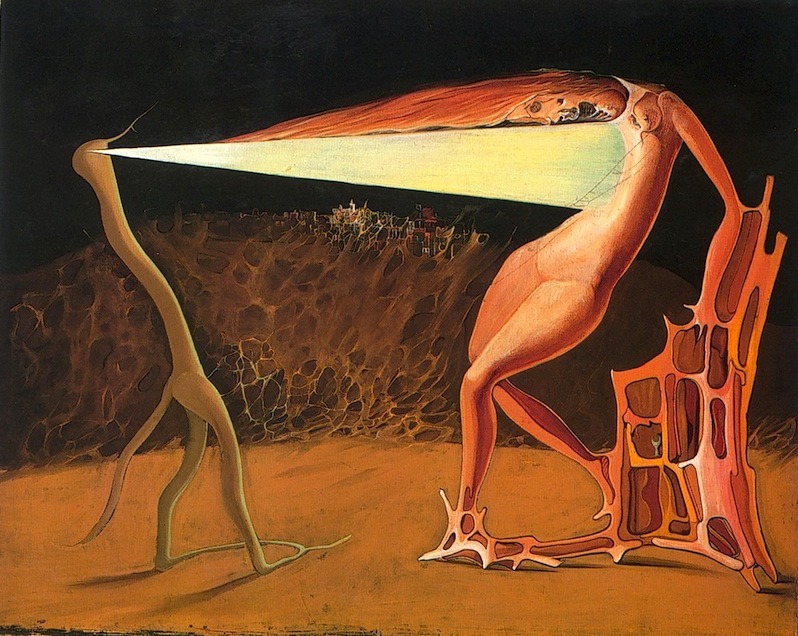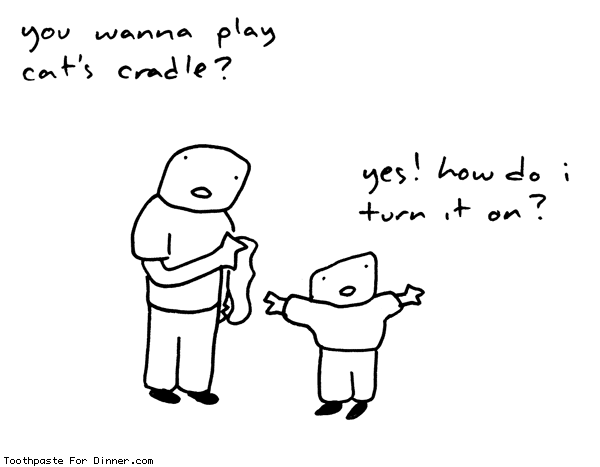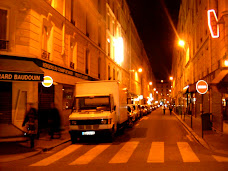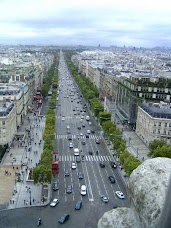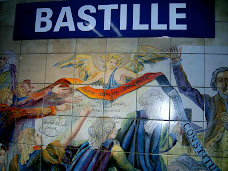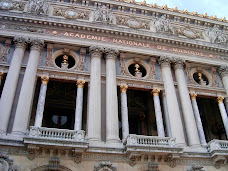Luc Besson's The Messenger: The Story of Joan of Arc has Dustin Hoffman as the mysterious embodiment of something. Some interpreted it as the Devil. I disagree with that interpretation, because Joan was experiencing doubt about her sanity and motivations, not her goodness. 
Therefore, I posit Dustin Hoffman's character is her conscience, in her mind. In the context of Camille Paglia's Sexual Personae we see how the masculine is symbolized in the mind, by the mind, logic, and one's ability to reason. (In aesthetics, this takes phallic shapes; in drama, it is embodied by a male character.) Hence, it is a male character, played by a man.
Mel Gibson's The Passion of Christ has a woman as Satan. Whatever one may think of the film, I'd like to point out that few ppl commented on this specific feature, and those who have mentioned it were caught in the feministrap. 
I posit it is a rather apt, correct, interpretation of what the chthonian (daemonic) is within the dogma of the Church. A symbol of dissolution -- which we see, especially in the context of Sexual Personae is not at all an invention of the Church; it is merely how it is symbolized by men, given the concept of Mother Nature is projected onto women, by men, for biological reasons. In the Church, this is called Satan.
To me, this is where the idea that women are somehow better equipped to deal with moral questions comes from.
The idea that because woman gives birth she is closer to understanding Nature, or that she knows something man cannot grasp, or that she is more comfortable with the chaotic or unpredictable...
All this is extrapolated by man. It is imagined, and according to me, not true. Not true of all women, anyway.
On the contrary. Consider this: Woman is MORE apt to be a moral agent if she doesn't procreate. As soon as a woman becomes a mother, so, more familiar with the forces of Nature, she is less able if not unable to keep to (in this context) moral precepts which she (may have) held before she gave birth. Now her priority is her offspring, rightly so.
To me, then, what happens to man is: he sees his mother as the moral agent, not because of some perceived quality, but by sheer force of presence. The mother is the parent out of whom the child is born, and with whom the child spends most of his/her time, by far. Whether in Western or Eastern, pagan or religious, tribal or urban environments, the mother is the primary carer, for biological reasons. This is perceived by the child in the only way s/he can, given his/her mental ability is not yet mature, and s/he grows up without making necessary adjustments, because it is now stored deep in his/her RAM. Only those with manifestly amoral or immoral mothers are ever allowed to rethink her moral authority. The extrapolation "mother - womAn - womEn" comes in... in the same way as a kid might think of animals (it learns the word "cat", say, and for a while, the kid thinks ALL animals with fur and four legs are cats-- fascinating part in the linguistics of language acquisition).
It is fathers' moral authority that is most often challenged by man/boy (girl/woman does this less since she is/becomes a woman thus knows she is not moral because she is a woman, neither is her mother) because the child did not spend as much time with the father. No other reason, according to me. The mother becomes a template only because she's always in the kid's face.
Not challenging a parent's moral authority may cause one to think that that parent's gender is morally superior.
That is a mistake, since gender holds no monopoly on morality.
Again, to me, the crucial element behind the Church's and other religions' apparently nonsensical position on celibacy is this: having a personal life which leads to sexual activity and thus potentially to procreation leads a person to become involved in his or her own intimate, personal, idiosyncratic, problems/desires/interests, and to place the potential kid's well-being above all moral considerations.
Women do this more than men, because of biological reasons. A woman can have relatively few kids over the course of a lifetime, while a man can have hundreds. A woman has to, therefore, suspend other considerations, such as morality, for the benefit of her child, while a man can more comfortably keep his moral views intact, even if they go against his own kid, since his body, his immediate well-being is not threatened by it; he does not have to carry a child and then feed it for ages and ages.
In our society/civilization, man is the provider; that is the social responsibility, but not the biological one. Woman has the biological burden.
We hear stories all the time about mothers-- and fathers, but way more mothers -- protecting their kids' misbehaviour, from small acts of misconduct all the way up to criminal acts.
"I'll stand by my child 100% no matter what" This phrase is mainly said by mothers, isnt it? My mother says "mothers are shameless."
Finally... the last link in my thought is...
Men then think that the woman is the moral agent, so they project onto women these goddess-like qualities they perceive (without examining it) their mothers to have (gods & goddesses cannot err, since they're not human-- errare humanum est-- and saints cannot err anymore, given they've long been dead...) since their mothers were so dedicated to them... but all women are not their mothers... the conflation made in the mind of a child (mother-woman, woman=womEn, womEn = mothers) goes unchecked straight into adulthood...
Disappointment follows.
But more than that, when the onus of moral behaviour is placed on Another's shoulders, no matter who it is, one can feel the weight of personal responsibility lifted off one's own shoulders, and it feels good doesn't it? It does.
But, like a Hollywood film, if it has a 'happy ending' which allows us to leave the cinema feeling all fuzzy and warm inside -- which neither The Messenger nor The Passion does, it is probably ideology at its most powerful, that is, when it is not detected, working its way into our minds.




